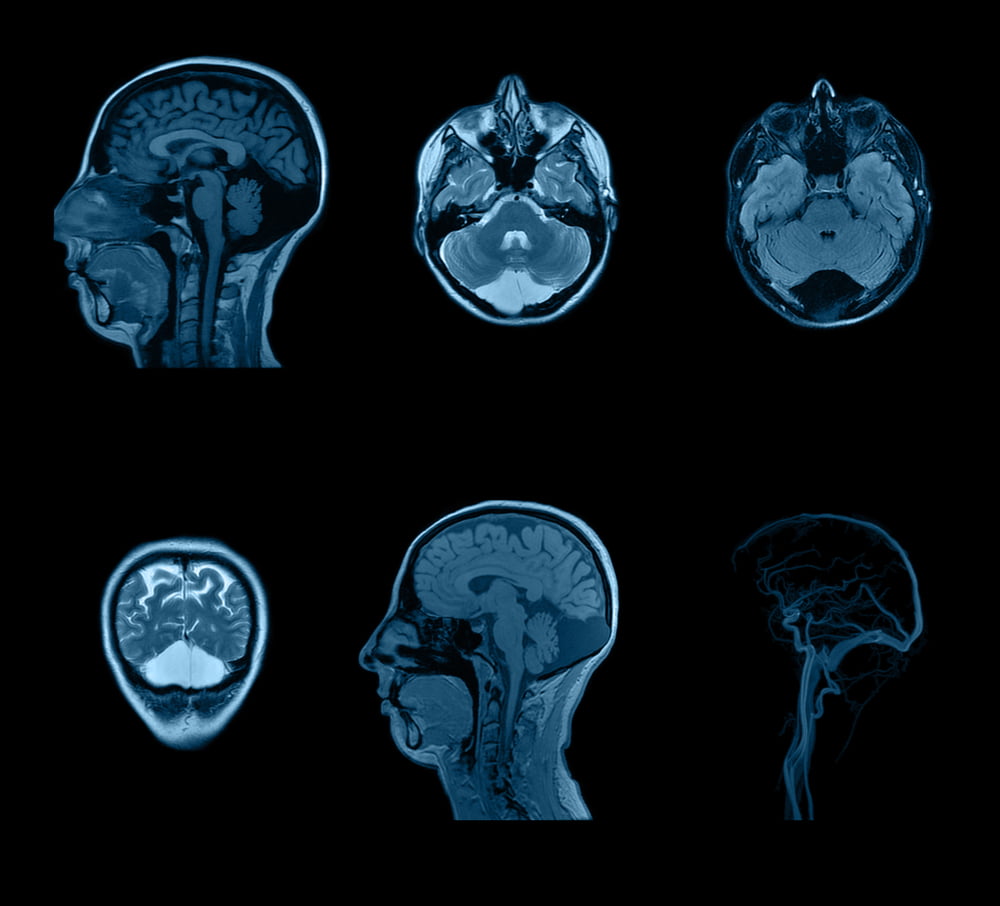Types and treatment of posterior fossa tumors in Türkiye
Tumors of the posterior fossa of the brain is a type of brain tumor located in or near the lower part of the skull. The posterior fossa is a space near the base of the skull (part of the intracranial cavity) located between the foramen magnum and the tentorium of the cerebellum and contains The cerebellum and the brainstem connect the forebrain and the spinal cord.
Cerebellum : It is the part of the brain responsible for regulating muscle tension, coordinating movements, especially voluntary movements, and controlling standing and walking.
Brain stem: transmits orders from the brain to the organs of the body and transmits sensory information from the organs of the body to the brain and is responsible for controlling the vital functions of the body, such as breathing, heartbeat , and involuntary movements. It also controls consciousness, alertness, sleep, and pain.
Causes of growth of posterior fossa tumors:

The reasons for the development and growth of posterior fossa tumors have not yet been identified, but some factors play a role.
Genetic factors such as a defect in some tumor-writing genes (p53 gene) and the activation of some oncogenes play a role in its development. Environmental factors such as exposure to radiation and toxins may also play a role.
Symptoms of posterior fossa tumors:
Symptoms appear very early and include:
- drowsiness.
- Headache.
- Imbalance.
- nausea.
- Uncoordinated walking (ataxia).
- vomiting.
Symptoms of posterior fossa tumors also occur when the tumor damages surrounding areas such as the cranial nerves. Symptoms of cranial nerve damage include:
- Mydriasis.
- eye problems.
- Facial muscle weakness.
- hearing loss
- Loss of sensation in part of the face.
- Taste problems.
- Unsteadiness when walking.
- vision problems
Tumors of the posterior fossa in children:
Tumors of the posterior fossa develop more in children than in adults, and tumors of the central nervous system are the most common solid tumors in children, as statistics show that 54% and 70% of all brain tumors originate during childhood in the posterior fossa, but about 15-20% of brain tumors in adults They occur in the posterior fossa and certain types of posterior fossa tumors occur such as medulloblastoma, pineoblastoma, ependymomas and primitive neuroectodermal tumors. mors” and “astrocytomas”. The cerebellum and brainstem occur most frequently in children. Some gliomas, such as the mixed glioma unique to children, are more frequent in the cerebellum (67%) and are usually benign.
Types of tumors of the posterior fossa of the brain:
Myeloma cerebellar astrocytoma:
It occupies 33% of all tumors of the posterior fossa in children and 25% of all tumors in children. It is diagnosed most often in the 9th year of life and usually appears in the form of a horizontal cyst of a solid nature and may be located in the middle in the vermiform layer or laterally in the cerebellar hemisphere. .
Primary neuroepithelial tumors :
Referred to in English as “Primary Neuroectodermal Tumors” and includes medulloblastomas, epithelioid medulloepitheliomas, and receptive anaplastic glioblastomas Pigmented Medulloblastomas, Ependymoblastomas, Pineoblastomas and Brain Neuroblastomas “Cerebral Neuroblastomas”
Medulloblastoma:
Medulloblastoma initially arises in the lower medulla and grows to fill the fourth ventricle of the brain, infiltrating surrounding structures.
Ependymoma and ependymoblastoma:
Ependymomas arise derived from ependymal cells and are common in females and appear in 50% of children under 3 years of age. Ependymoma is better diagnosed than ependymlastoma. Ependymoplastic tumors can form in the available intraventricular spaces or outside without sticking to it.
Papilloma of the choroid plexus and carcinoma:
Choroid plexus papilloma and carcinoma represent 0.4-0.6% of all intracranial tumors and are more common in children than in adults, 60% in the lateral ventricle and 30% in the fourth ventricle, but are rare in the third ventricle and angle The cerebellum may result in excessive secretion of cerebrospinal fluid.
Dermoidoma:
Dermoid tumors arise from the incomplete separation of the epithelial ectoderm from an epithelial ectodermal neuroma. This usually occurs during the fourth week of pregnancy and can be detected clinically or by magnetic resonance imaging.
hemangioblastoma:
Hemangioblastic tumors represent about 7-12% of all tumors of the posterior fossa and about 70% of hemangioblastomas that occur in the cerebellum. Hemangioblastomas are more common in males and may be associated with Hippel-Lindau disease.
metastatic tumors
3% of metastatic tumors form in the brainstem and 18% in the cerebellum and are treated by surgical removal before radiotherapy.
astrocytic brain stem tumors:
Brain stem astrocytomas make up 15% of all brain tumors. Brainstem gliomas account for 25-30% of all brain tumors in children.
Treatment of tumors of the posterior fossa of the brain:
Most posterior fossa tumors are removed with surgery even if they are not cancerous because there is limited space in the posterior fossa and the tumor can easily press on delicate structures. If it grows, radiotherapy may also be used after surgery, depending on the type and size of the tumor.
Possible complications
- Cranial nerve palsy.
- hernia
- Hydrocephalus.
- Increased intracranial pressure.
Treatment of tumors of the posterior fossa of the brain in Türkiye :
Our multidisciplinary approach and treatment approach plays a major role in the success of brain surgeries. Neurosurgery and spine surgery is developing rapidly due to Türkiye keeping pace with the technology of innovations and modern medical devices. Thus, more successful results in diagnosis and treatment can be obtained.
Neurosurgeons and spine surgeons at REHABTÜRK occupy a leading position in the treatment of common and complex neurological disorders, and adopt the best practices followed globally. We also offer advanced diagnostic, surgical and rehabilitation services.

